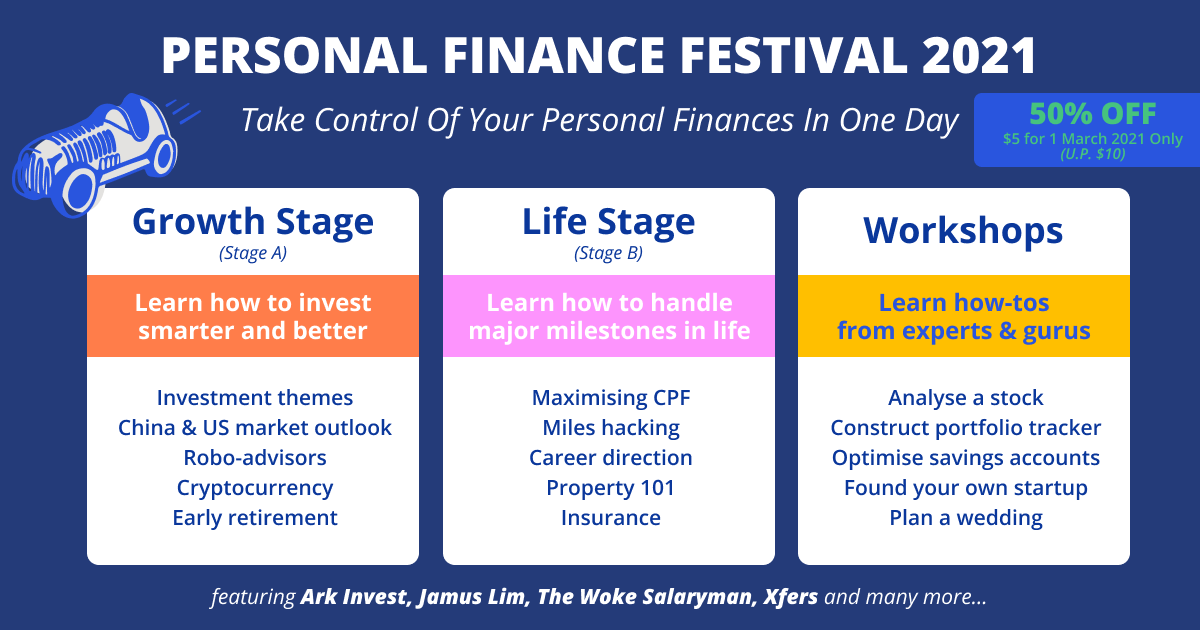Advertisement
How Can Students Effectively Manage Personal Finances?
As students, balancing studies, part-time work, and financial responsibilities can be challenging. From budgeting for essentials to saving for the future, financial discipline plays a huge role in shaping our money habits early on.
I’d love to hear from the community:
- What are your top tips for students to save money effectively?
- Are there any budgeting tools or hacks you recommend?
- How should students start thinking about investments or building financial security?
Your advice could really help students build smart financial habits early. Looking forward to your thoughts!
2
Discussion (2)
Learn how to style your text
Reply
Save
Ngooi Zhi Cheng
27 Sep 2025
Student Ambassador 2020/21 at Seedly
Here's what I wish someone had told me at 22: your financial decisions in your early twenties create more long-term impact than almost anything you'll do in your thirties or forties. Compound time is your superpower, but only if you use it.
I recently worked with a 24-year-old who thought "I'm too young for insurance" and "investing is too risky right now." Fast-forward 18 months: she's built a solid emergency fund, started systematic investing through dollar-cost averaging, and has comprehensive coverage that costs less than her monthly bubble tea budget. The difference? She stopped treating money as separate puzzle pieces and started seeing it as integrated architecture.
Two myths I see constantly:
- "Save first, invest later" – Actually, building wealth and protection simultaneously is more effective than sequential planning
- "Students can't afford proper financial planning" – Truth: starting small with the right framework beats waiting for the "perfect" amount
What works in practice:
- 50/30/20 with a twist: 50% essentials, 30% lifestyle, 15% systematic investing, 5% protection. Start with whatever amount, increase incrementally
- The integration principle: Your emergency fund, investment strategy, and insurance coverage should work together, not compete for limited resources
- Automate everything: Set up systems that work without daily decisions. Your future self will thank you
The students I see succeed long-term don't just budget—they build financial foundations that grow with them through career changes, market volatility, and life transitions.
Curious how others here are handling the protection vs. growth balance—has anyone found a systematic approach that actually sticks?
Reply
Save
Write your thoughts
Related Articles
Related Posts
Related Posts
Advertisement








Spend within your means, save what you can, do side jobs if you have the time.